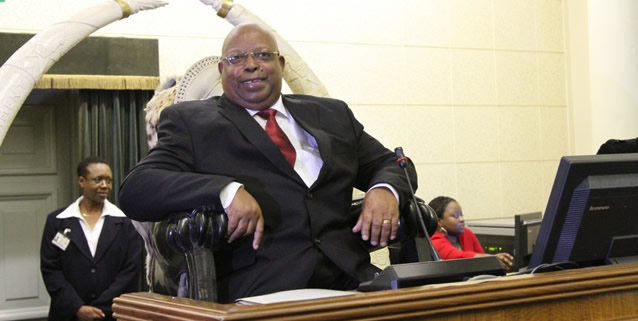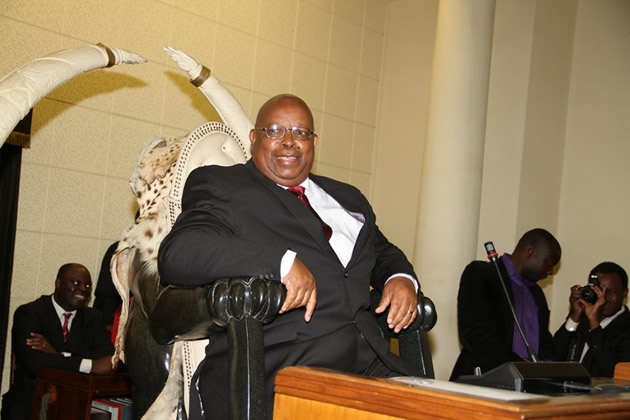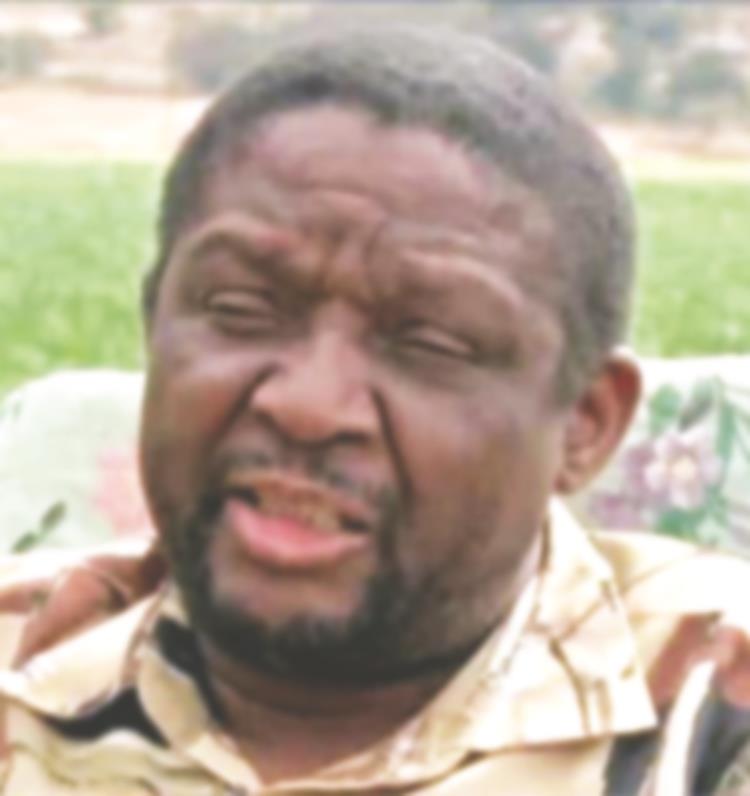Public hearings compulsory: Mudenda


Cde Mudenda
Lloyd Gumbo Senior Reporter
Parliament is obliged to consult members of the public on the legislative process as failure to do so may result in laws being scrapped by the courts as has happened in neighbouring countries, National Assembly Speaker Advocate Jacob Mudenda has said. He said the legislature was also in the process of further opening up to enable citizens to participate in its processes without hindrance.
Adv Mudenda made the remarks during his interactive meeting with civil society organisations and media practitioners in Masvingo last week.
He cited Section 141 of the Constitution, which compels Parliament to:
“(a) Facilitate public involvement in its legislative and other processes and in the processes of its committees.
“(b) ensure that interested parties are consulted about Bills being considered by Parliament, unless such consultation is inappropriate or impracticable.”
To that end, Adv Mudenda said 54 public hearings have so far been conducted between 2014 and 2016 in line with the Constitutional provision though more still needed to be done to cover rural areas.
“Parliament has non-discretionary obligation to consult the public in the legislative process,” said Adv Mudenda. “Non-compliance with peremptory provisions of the supreme law is not an option as failure to comply has consequences that are too ghastly contemplate.”
He cited Section 46 (e) of the Constitution of Zimbabwe that states that in interpreting the law, a court, tribunal, forum or body may consider relevant foreign law.
Adv Mudenda said in the case of Doctors for Life International versus the Speaker of the National Assembly of South Africa in 2006, the Constitutional Court in that country invalidated some Acts of Parliament that had been passed without public consultations.
“Thus in view of the fact that we have similar constitutional provisions as those in South Africa, public consultations are, therefore obligatory for Parliament to undertake. Thus civil society organisations must take advantage of this constitutional right to make submissions to Parliament on key legislative proposals so that these can enrich our enacted laws.
“Media organisations in executing their watchdog role must, in turn, ensure that Parliament fulfils this constitutional obligation and must not hesitate to report on any unreasonable and unjustified deviation from the constitutional demands thrust upon Parliament.
“Where there is gross dereliction of duty by Parliament, the people can approach the Constitutional Court for redress in terms of Section 167 (2) of the Constitution,” said Adv Mudenda.
He, however, said it was important for those interested in petitioning Parliament to first understand the procedures. Adv Mudenda said Parliament could only entertain petitions within its jurisdiction but steers clear of all petitions that are sub-judice in recognition of separation of powers.
He said Parliament was also in the process of further opening its doors to ensure citizens have easy access to the legislature. Among the initiatives are the launch of a new interactive website that would include live audio streaming of Parliamentary proceedings and live broadcasts of the sittings of both the National Assembly and the Senate.
The website would allow people to use social media such as Facebook, WhatsApp and Twitter to communicate with Parliament and its committees but in a civilised manner.
Adv Mudenda said they were also in the process of developing an application that would allow popular newsfeeds on the website to be accessible on smartphones.
“Parliament is in discussions with various radio stations with a view to increase the coverage of Parliamentary activities. Some of the envisioned radio programmes will allow committee meetings to be recorded and aired on radio to enable Parliament to reach a wider audience,” he said.
He said it was impossible for citizens to influence the work of Parliament or hold their representatives to account unless they were first fully informed about what the legislature was doing.








Comments